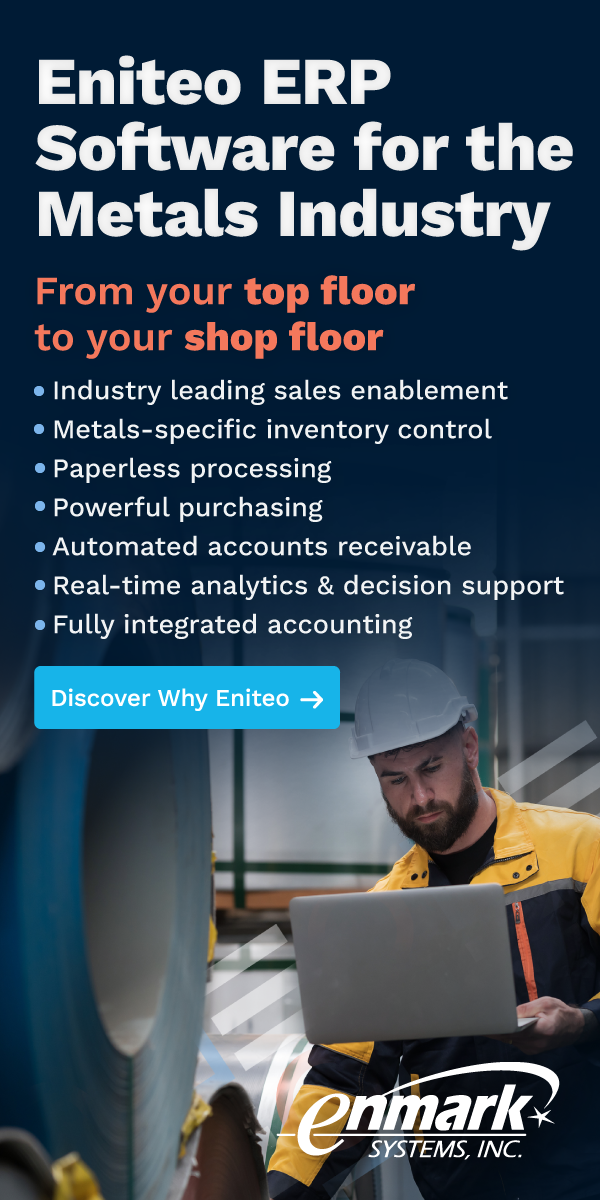
The Dual Challenge for the Steel Industry
As the backbone of modern infrastructure, steel is indispensable in driving global development. Yet, its production remains one of the most carbon-intensive processes.
The steelmaking industry and ore-based metallics are critical as we transition to a low-carbon world (serving as a key material for technologies such as wind turbines, electric vehicles, and advanced manufacturing processes). Because of this, their carbon emissions are being subject to high scrutiny.
With the transition to a low-carbon economy gaining momentum, steel producers face the challenge of increasing production to meet demand (expected to rise 30% by 2050) while dramatically reducing emissions.
That’s why regulators are zoning in on the global steel supply chain, with mechanisms like the EU CBAM putting a price on steel imports according to their carbon footprint – while in the US, a Foreign Pollution Fee Act has been tabled for finished goods including iron and steel.
Why Product Carbon Footprints Matter
Product Carbon Footprints (PCFs) are becoming a vital tool for steel producers to navigate the complex landscape of environmental regulations and market expectations. A PCF measures the total greenhouse gas emissions from every stage of a product’s lifecycle, providing a comprehensive view of its environmental impact.
Strategic Benefits of PCFs:
- Transparency and Trust: In an era where both consumers and investors are prioritizing sustainability, demonstrating a commitment to transparency can significantly enhance trust and brand reputation.
- Regulatory Compliance and Market Access: As global emissions regulations tighten, having a detailed PCF enables companies to comply efficiently and maintain market access, particularly in regions enforcing stringent environmental standards.
- Operational Insights and Cost Savings: Implementing PCFs helps identify emission hotspots within production processes, offering opportunities for targeted improvements that can reduce costs and enhance efficiency.
Insights from Industry Leaders and Innovations
Recent developments underscore the industry’s innovative responses to these challenges:
- Companies like Boston Metal and H2 Green Steel are securing substantial investments to develop technologies that could revolutionize steel production with significantly lower emissions.
- Initiatives such as Electra’s carbon-free iron production highlight the potential for breakthroughs in emission reduction techniques.
- thyssenkrupp Materials Services has partnered with CarbonChain to advance low-carbon procurement with new carbon traceability and intensity tool, providing customers with comprehensive “cradle-to-customer” calculations
Engagement and Implementation: The Path Forward
To effectively implement PCFs, steel producers should:
- Engage with Technology: Utilize advanced software solutions for data collection and emissions calculations, simplifying the complex processes involved in carbon accounting.
- Collaborate Across the Supply Chain: Work closely with suppliers to ensure the availability of accurate and comprehensive emissions data, which is crucial for both regulatory compliance and customer reporting.
Webinar Invitation: Dive Deeper with Experts
Join us for an in-depth webinar where CarbonChain’s experts will discuss the transformative impact of PCFs on the steel industry. Learn about the practical steps for implementing PCFs, the operational benefits, and how to leverage them for strategic advantage. We’ll also cover how CBAM can help your PCF efforts and vice versa:
- Understanding PCFs: What they are and why they matter beyond compliance
- Practical Steps: From data collection to footprint calculation, an introduction to implementing the process at your business
- Operational Benefits: How PCFs can inform strategic decisions and enhance market positioning
- Market Drivers: Key regulatory and voluntary drivers for carbon reporting across EMEA, US and APAC, from CBAM to US SEC to CDP.
- Case Studies: The companies leading the charge in carbon transparency
Whether you’re a processor, distributor, trader or manufacturer, register now to prepare your business for sustainability leadership.
CarbonChain’s team brings decades of experience in metals, mining, supply chains and carbon accounting, and supports companies such as thyssenkrupp Materials Services, ING, Steelforce and Fusina in their carbon reporting.
Register now: 21th April at 9:00 BST
Be sure to subscribe to the Steel Industry Newsletter for the latest news direct to your inbox:
By subscribing you agree to our Terms of Use, our Privacy Policy and our Information collection notice







